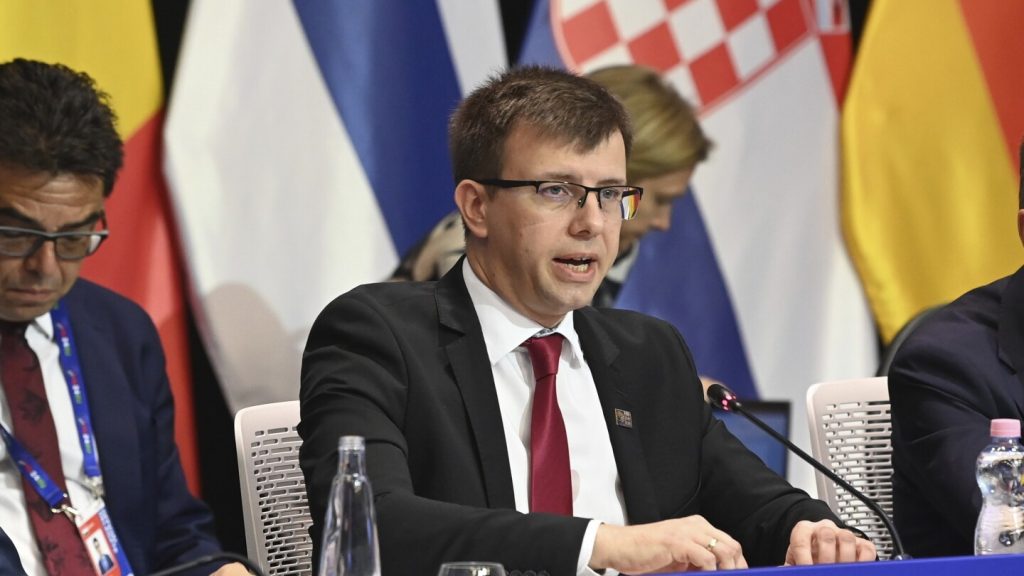Senior government ministers from Ireland, Luxembourg, and Belgium publicly criticized Hungary for its actions under Prime Minister Viktor Orbán’s leadership. The Hungarian government’s close ties with Russia, hostility towards migrants and LGBTQ+ rights, control of public media, and concerns about democratic backsliding have raised questions about its commitment to European Union values and standards. These concerns were highlighted during a meeting in Budapest where the ministers met with Hungarian media, civil society, and LGBTQ+ representatives to discuss human rights, fundamental freedoms, and the rule of law. The ministers emphasized the importance of addressing these concerns for the future of Europe.
The public criticisms from the Irish, Luxembourgish, and Belgian ministers were a highly unusual and potentially embarrassing display for Hungary, as EU member countries rarely criticize each other in public. The ministers called on Hungary to be more ambitious in its role as the holder of the EU presidency, urging Budapest to work towards uniting the 27 EU member states and lifting its veto on EU funds for weapons supply to Ukraine. Many EU countries have been sending lower-level officials to meetings hosted by Hungary in protest against its conduct, with the EU foreign policy chief even moving a gathering of foreign ministers from Budapest to Brussels.
Despite tensions, Hungarian European Affairs Minister János Bóka downplayed the criticisms, stating that more than half of the member countries were represented at a senior level at the meeting. While the European Commission did not send one of its policy commissioners as usual, Bóka emphasized the cooperation and willingness to work with the Hungarian presidency during the meeting. Hungary’s tenure at the EU helm is set to end on December 31, with ongoing concerns about the country’s adherence to EU values and standards.
The public criticism of Hungary’s government comes at a time when the country’s actions, including its close ties with Russia and crackdown on media and civil liberties, have raised alarm among EU member states. This latest display of disapproval from Ireland, Luxembourg, and Belgium highlights the growing divide within the EU over Hungary’s adherence to EU principles. The call for Hungary to uphold human rights, fundamental freedoms, and the rule of law reflects broader concerns about the future direction of the European Union and the need for member states to uphold shared values.
The issue of European unity and cooperation was underscored by the ministers’ statements, urging Hungary to play a more constructive role during its EU presidency. The criticisms reflect a wider debate within the EU about the need for member states to uphold democratic values and respect for human rights. The public nature of the criticisms signals a shift in how EU countries are willing to address internal conflicts and hold each other accountable. As Hungary’s presidency comes to an end, the EU will continue to grapple with the challenges of maintaining unity while upholding its core values and standards.


